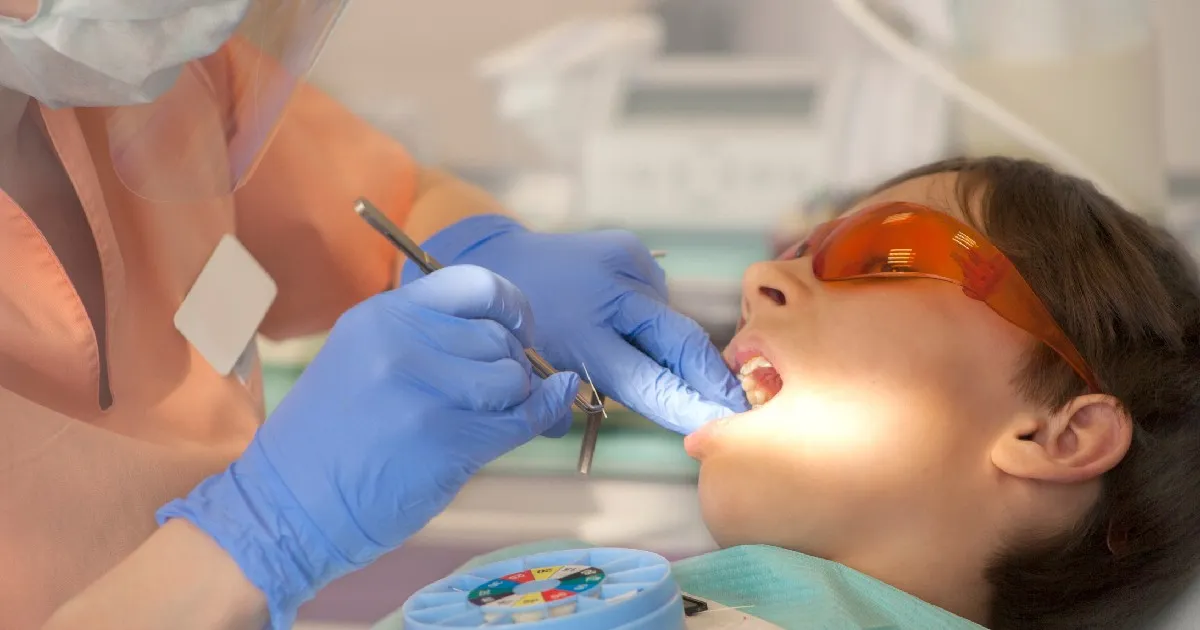Table of Contents
You’re not alone if you’ve had a root canal, but your tooth is still acting up—throbbing, swelling, or not feeling right. Many assume a root canal is the final fix, only to face recurring symptoms months or years later. That doesn’t mean your tooth is beyond saving.
This is where a lesser-known but highly effective procedure called apicoectomy in Summerville, SC, can preserve your natural tooth and prevent more serious issues. At Endodontic Specialist by Solomon Dental, we understand how frustrating persistent dental issues can be, especially when you’ve already undergone treatment. If you’re in or near Summerville, SC, and looking for a long-term solution for root-end complications, this guide is for you.
What is Apicoectomy?
An apicoectomy, or root-end surgery, is a minor surgical procedure to remove the tip (or apex) of a tooth’s root and the surrounding infected tissue. It’s often recommended when a standard root canal doesn’t fully heal or becomes reinfected. Think of it as a backup plan that tackles the issue directly at the root.
While a root canal cleans and seals the inner pulp chamber, it doesn’t always reach infected tissues at the end of the tooth’s root. When inflammation or infection persists, an apicoectomy helps eliminate the problem without extracting the tooth entirely. The goal? Preserve your natural tooth structure and avoid invasive alternatives like dental implants or bridges.
Benefits of Professional Apicoectomy
Getting an apicoectomy from a trained endodontist offers both peace of mind and practical advantages. Here’s why patients consider it worth the effort:
- Saves Your Natural Tooth: Keeping your original tooth maintains your bite alignment, speech clarity, and jaw structure—all of which are difficult to replicate with prosthetics.
- Apicoectomy for Infected Root: By removing the infected root tip, apicoectomy ensures that bacteria don’t continue to cause inflammation, pain, or bone loss.
- Avoids Tooth Extraction: Extraction may sound quicker, but it often leads to more complex procedures, such as bone grafts or implants. Apicoectomy is a more conservative choice.
- Faster Relief from Discomfort: Unlike chronic infections that come and go, the results from apicoectomy are often swift and lasting once healing begins.
- Minimally Invasive and Localized: The procedure targets a specific area with limited disturbance to the surrounding structures, resulting in faster recovery.
- Cost-Effective in the Long Run: Though it’s an additional procedure, preserving your natural tooth often costs less than replacements or prosthetics.
Who is This Best For?
Are you the right candidate for an apicoectomy? Apicoectomy for a cracked tooth could be a good fit if:
- You have a cracked tooth or dental trauma that involves the root.
- Do you have an abscessed tooth? Apicoectomy for an abscessed tooth is right for you.
- You’ve had a root canal that didn’t fully resolve the infection.
- You’re experiencing new pain, swelling, or sensitivity in a previously treated tooth.
- You want to avoid the cost and complexity of extraction and tooth replacement.
- You’re looking for treatment options that are minimally invasive yet effective.
- You live near or are seeking an apicoectomy in Summerville, SC.
Even if you’re unsure, a consultation with an endodontist at Solomon Dental can help you weigh the benefits of this procedure for your specific situation.
What to Expect
Apicoectomy might sound intimidating at first, but it’s typically straightforward and well-tolerated. Here’s a breakdown of what happens:
Before the Procedure
- Your dentist or endodontist will take updated digital X-rays or 3D scans to assess the root and surrounding bone.
- If you’re a good candidate, you’ll receive instructions for pre-op preparation. This may include avoiding anti-inflammatory medications and arranging for transportation after the procedure.
On the Day of Treatment
- Local anesthesia is used to numb the treatment area completely.
- A small incision is made in the gum to access the root end.
- The inflamed or infected tissue around the root is removed.
- The root tip is clipped off, and the canal is sealed with a biocompatible material.
- The gum is then sutured closed, and healing begins immediately.
Recovery & Aftercare
- Mild swelling, soreness, or bruising is normal and usually peaks within 48 hours.
- Cold compresses, soft foods, and avoiding hard chewing help reduce discomfort.
- Complete bone healing may take several months, but most patients return to normal activities in 2–3 days.
Apicoectomy Aftercare Tips
Healing from an apicoectomy is usually smooth if you follow these simple guidelines:
- Avoid vigorous rinsing or brushing near the treated site for a few days.
- Eat soft foods and avoid chewing on the side of the mouth where the procedure was done.
- Keep your head a bit higher when sleeping to minimize swelling.
- Apply cold compresses for the first 24–48 hours.
- Take prescribed medications as directed, especially antibiotics or anti-inflammatories.
- Follow up with your endodontist to monitor progress.
Frequently Asked Questions (FAQs)
Is an apicoectomy painful?
Not during the procedure. You’ll be numb the entire time. Most patients report only minor discomfort afterward, which is easily managed with OTC pain relievers. This is one of the key pillars of apicoectomy pain management.
How is it different from a root canal?
A root canal treats the tooth’s interior, while an apicoectomy addresses problems at the root tip and surrounding tissue.
What if I don’t get an apicoectomy when I need one?
The infection could worsen, spread to nearby teeth or bone, and eventually require extraction or lead to serious oral health issues. Apicoectomy for abscessed teeth or reinfection is a proactive solution.
Is this procedure used for cracked teeth?
Yes. Apicoectomy for cracked teeth is considered when the crack affects the root end, particularly if the tooth is still structurally sound and worth preserving.
Does dental insurance cover apicoectomy?
Most plans offer partial coverage, especially if it’s medically necessary. Check with your provider to confirm.
Why You Shouldn’t Wait to Treat Infected Roots
Gum disease, the loss of jawbone, or the spread of bacteria to other areas of the body can result from even a small infection in the tooth’s root. Therefore, apicoectomy in Summerville, SC, is more than a temporary solution. By taking this preventive action, chronic pain, and expensive treatments can be avoided in the future.
If you’re dealing with an infected root, a tooth still sensitive after a root canal, or a dental abscess that won’t go away, don’t wait until the only option left is extraction. Contact Endodontic Specialist by Solomon Dental today!
Get Relief Now
Choosing an apicoectomy is more than a way to end the pain—it’s a step toward protecting your natural smile and preventing long-term complications. At Endodontic Specialist by Solomon Dental, our team offers precise, patient-focused care that puts your comfort first. Get Relief from Root Infection now – Contact us!







